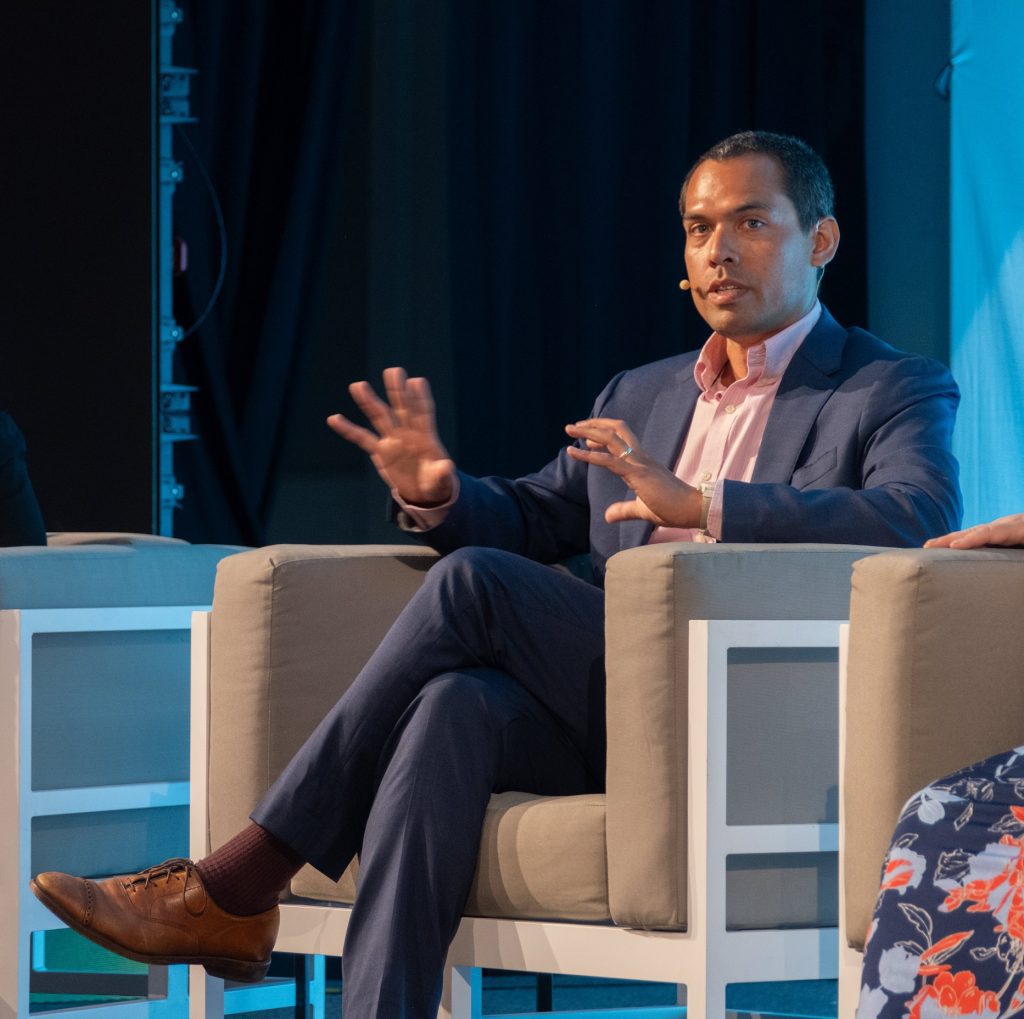
Summary: One of the more common ways for nonprofits to bring in revenue is through a fundraising event. Fundraisers are a sure way to bring your community close and give back to important and sometimes underrepresented causes. Any type of event management can feel like a daunting task, which is why we’ve put together this guide to help you create a foolproof nonprofit fundraiser strategy.
Step 1. Initiating Your Fundraiser
Before you begin laying the stones for your fundraiser roadmap, get clear on what the desired outcome is. Some common fundraising goals for nonprofits are:
- Raise a certain amount of money
- Spread awareness for your cause
- Obtain certain types of donors or increase amount of donors
You’ll also want to decide on the type of fundraising event. Popular fundraising events include:
- Large-scale events such as galas, concerts, and celebrity hosted events
- Activity-based events such as 5K Walk/Run’s, festivals, and trivia nights
- Auctions
- Virtual fundraising events such as virtual walk/run’s, virtual trivia, and virtual auctions
Finally, be able to answer the following questions:
- Will your fundraising event cost money? Do you have the funds to cover the cost, or do you also need to cover the cost of your event? Can you find sponsors to cover the costs?
- Who are the primary decision makers for this fundraiser?
- Do you have a deadline for when funds/awareness/donors need to be secured?
Step 2. Planning a Nonprofit Fundraiser
A strong event planning process is a key element of a fundraising strategy. Following a meticulous upfront planning process will save you time down the road.
Begin by mapping out milestones, first with the date of your event and then work backwards. Some questions you might ask yourself are: What date does the venue need to be secured by? How far in advance do we want to begin marketing the event? When do we need to put the ask out for volunteers? How much training will be required for volunteers?
Pay special attention to any resources your fundraiser is dependent on for success — both physical and non-physical resources.
Fundraising planning often involves hitting several milestones and a village of people to pull off. We recommend using a project management tool to have one source of truth among your team, keep track of each detail, and ensure all your stakeholders are in the loop. ClickUp has a Free Fundraising Event Planning Template. With one click, you’ll have a step-by-step guide to planning your event.
Step 3. How to Make a Nonprofit Fundraiser Standout
Properly engaging with your volunteers is a crucial component to fundraising success.
This begins with having an easy, smooth process for volunteer signup. Consider the demographic of your volunteers. A younger crowd may opt for a digital sign-up (it could be as simple as a ClickUp form) while an older crowd might appreciate a paper form or in-person sign up.
Frequently communicating with volunteers or any vendors eliminates guesswork on when, where, or how they are needed.
Sometimes, it can be helpful to bring in an external person to project manage your fundraiser so you can focus on training your volunteers, communicating with vendors, and general event management. Tuck’s consultants have years of expertise and offer free and discounted services for qualifying charitable nonprofits.
Step 4. Managing Your Fundraiser
Planning and managing any event come with a certain level of guaranteed risk. Things very rarely go perfectly according to plan. Having a gameplan for any anticipated risks will keep things running smoothly and probably help you sleep a little more at night, too.
One of the most common risks associated with fundraisers is lack of governance around fundraising activity or mismanagement of funds. If Tuck consultants were to step in and help, they can help by assigning an accountable person from your team to manage the funds and develop a process for accepting, reporting, and storing funds. This is an example of a strong risk response plan.
There will likely be many more risks to consider — we strongly recommend taking the time to consider, prioritize them and create a risk response plan for each.
Step 5. Completing Your Fundraiser
Congratulations! Your fundraising event is complete and hopefully went off without a hitch. There are a few tasks you can do to officially close out your event and improve upon the next one.
- Did you meet your goals? Back in the first step, we encouraged you to set a specific goal. Measure your results against this and note why or why not you may have achieved it.
- Celebrate! Particularly, celebrate your volunteers. Show your appreciation for them with either a small scale celebratory get together or a handwritten thank you note. If your volunteers are in school, offering to write them a letter of reference is a great way to show your appreciation.
- Thank your donors. If you can, thank them by showing them the tangible impact of their generosity. If you can’t, then at the very least send them a short and sweet note of their thanks and remind them what their donation will go towards.
How to Get Started
If you need some help planning your next fundraiser or making an existing one run a bit smoother, you can schedule a call with us to brainstorm some ideas. If your organization is under $500K per year in annual budget, we would love to have you apply for our pro bono services, where we can help you get ClickUp set up and maybe even run a few of your projects for free.

Alex Tuck
Founder & Managing Principal
Alex Tuck is the founder and managing principal of Tuck Consulting Group, a firm that specializes in project management consulting for small businesses. After several tenures at large and regional management consulting firms, Alex set out to create a firm that was focused on better client outcomes through diverse teams with less focus on profit realization rates. Through the pandemic, the firm has experienced 15x two-year growth, landing it on several lists (#356 Inc. 5000, #12 Inc. NE Regionals, Forbes Next 1000, SBA Emerging Leaders).
In addition to Tuck, Alex has served as a nonprofit board member for several organizations, including a microlending nonprofit he co-founded that operates in Central America. Alex runs his remote-first firm from a farm in Vermont where he lives with his wife and four children. Feel free to reach out to book some time with him.


